 Back in March I launched the CROS and PIRLS surveys to gather your views on what life is like at BU. Having analysed the responses, some fantastic insights were gained from this and a working group is being established to address the common issues and make improvements; more information on these actions will be released on the blog in time.
Back in March I launched the CROS and PIRLS surveys to gather your views on what life is like at BU. Having analysed the responses, some fantastic insights were gained from this and a working group is being established to address the common issues and make improvements; more information on these actions will be released on the blog in time.
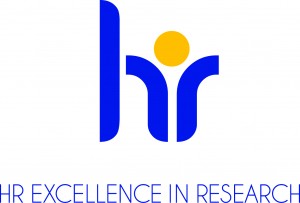 One finding in particular grabbed my attention however which is and linked to our on-going work as part of our EC HR Excellence in Research Badge award and is a favourite subject for me; the development of an academic career path. When I finished my PhD I would have loved a structured training plan, useful guidance and some literature around this, and from the survey results it seems many of your (at various stages of your career) would also find this incredibly helpful.
One finding in particular grabbed my attention however which is and linked to our on-going work as part of our EC HR Excellence in Research Badge award and is a favourite subject for me; the development of an academic career path. When I finished my PhD I would have loved a structured training plan, useful guidance and some literature around this, and from the survey results it seems many of your (at various stages of your career) would also find this incredibly helpful.
I am currently putting the finishing touches to an optional and open to all set of development sessions you can undertake at BU and also some online training too. This programme will include assessing your current strengths and areas for further development as a researcher to help shape your skills and experience to build your career as you wish. More details on the ‘BRAD’ programme will be announced soon…
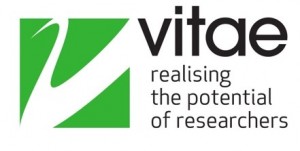 In the meantime, for anyone interested in developing your career as a researcher, Vitae’s new publication The Career-Wise Researcher is a really useful read. They also have guides on The Balanced Researcher, The Creative Researcher, The Engaging Researcher, The Leading Researcher and The Informed Researcher. As with all Vitae publications, they are short (around 10 pages each), easy to read and incredibly useful.
In the meantime, for anyone interested in developing your career as a researcher, Vitae’s new publication The Career-Wise Researcher is a really useful read. They also have guides on The Balanced Researcher, The Creative Researcher, The Engaging Researcher, The Leading Researcher and The Informed Researcher. As with all Vitae publications, they are short (around 10 pages each), easy to read and incredibly useful.
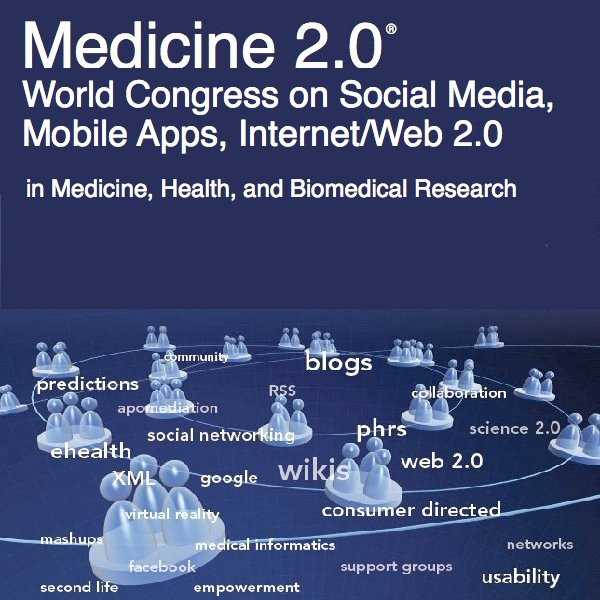 I’ve attended several Medicine 2.0 conferences, increasing my network of people researching in a similar area to myself along the way. Last year this led to an invitation to visit Prof John Sullivan at the University of Otago, New Zealand. The University of Otago, founded in 1869, is New Zealand’s oldest university.
I’ve attended several Medicine 2.0 conferences, increasing my network of people researching in a similar area to myself along the way. Last year this led to an invitation to visit Prof John Sullivan at the University of Otago, New Zealand. The University of Otago, founded in 1869, is New Zealand’s oldest university.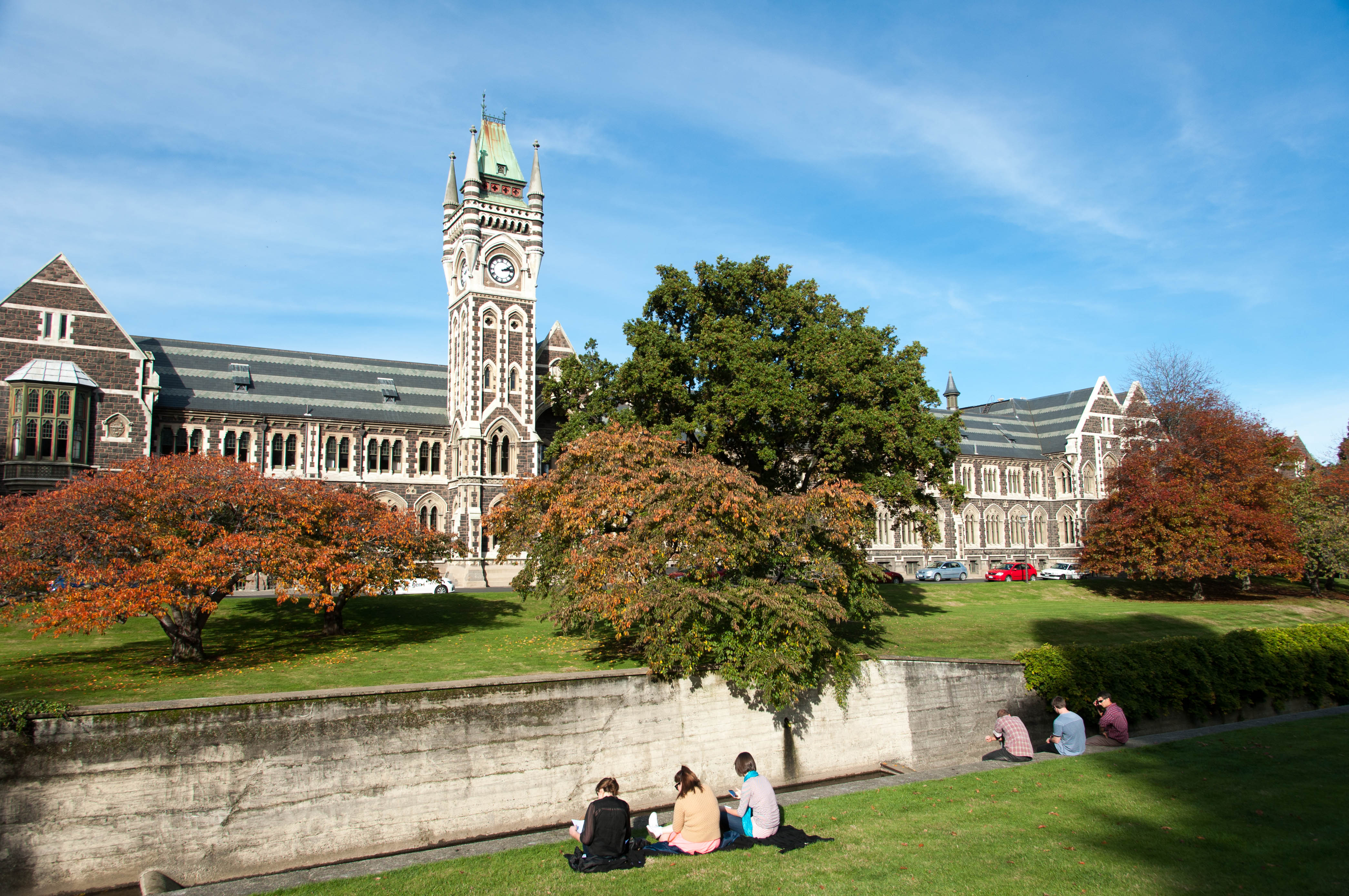


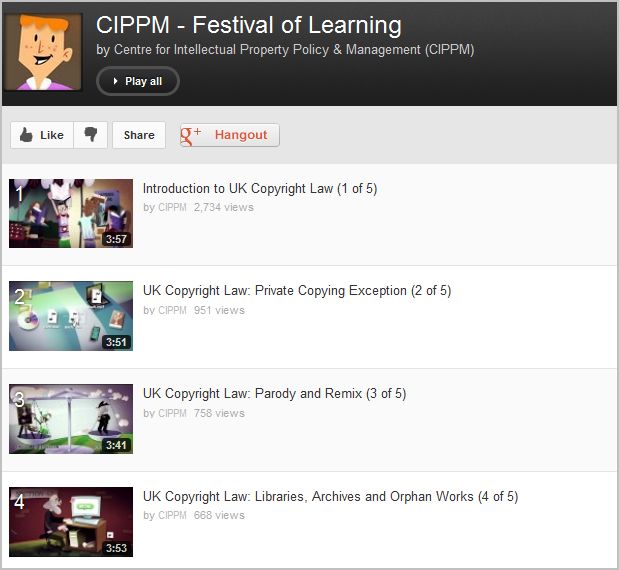
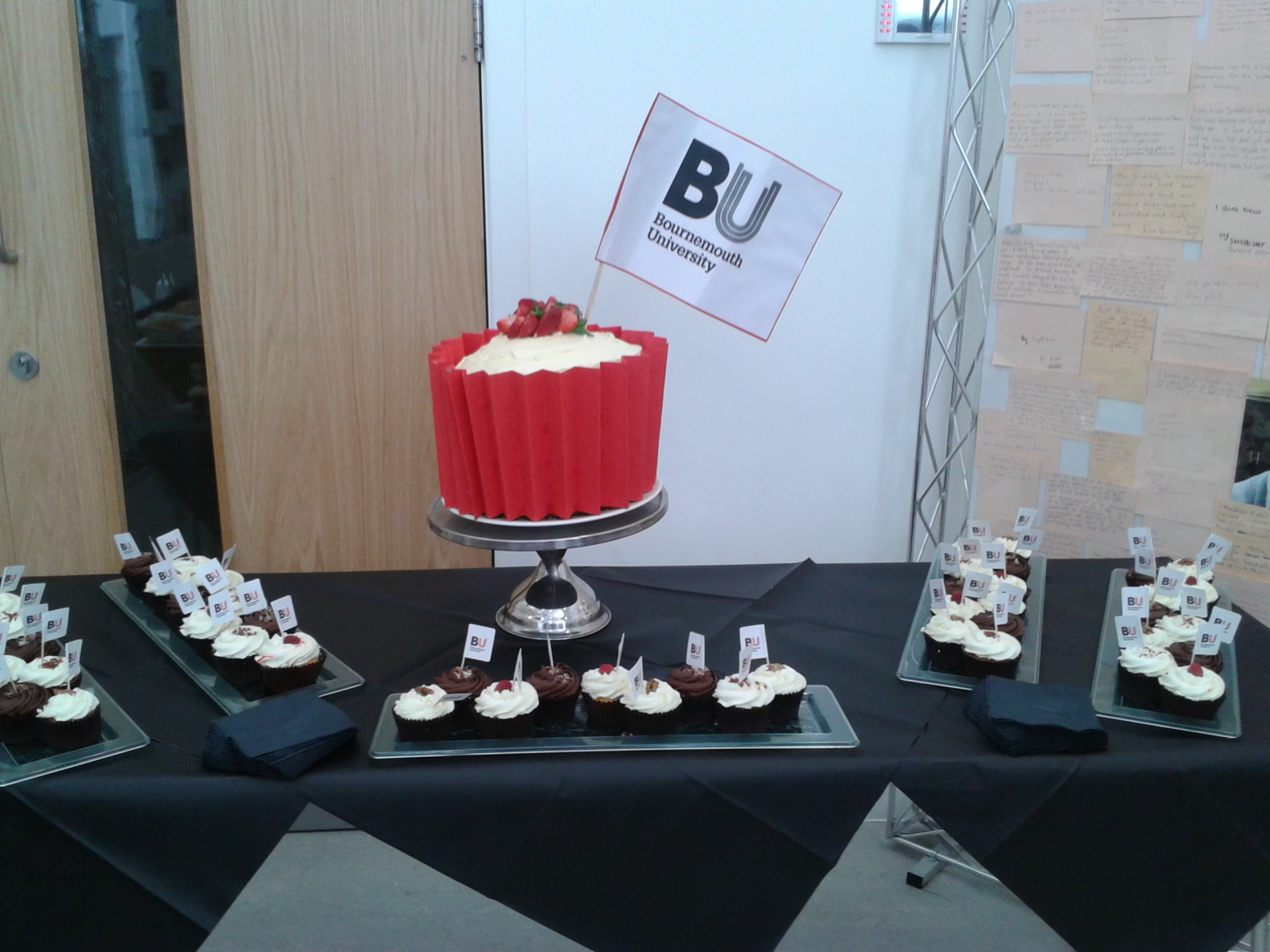
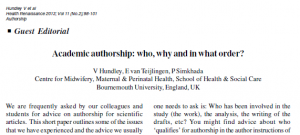


 COST
COST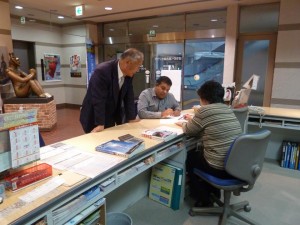
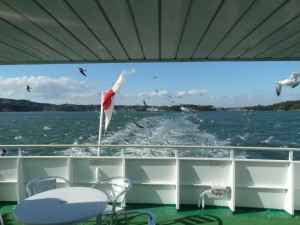
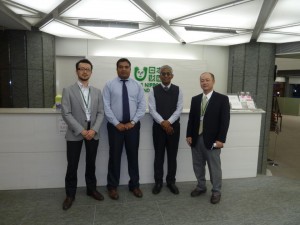





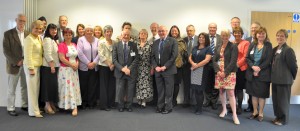
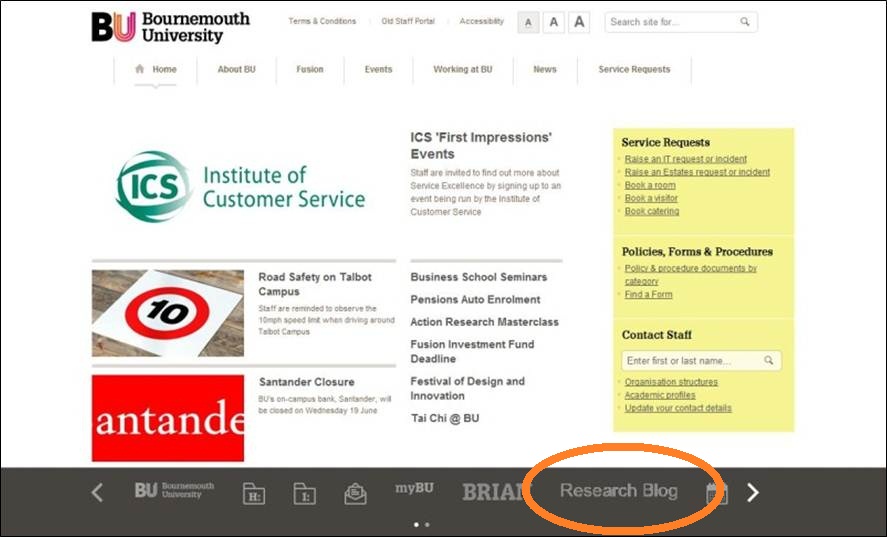

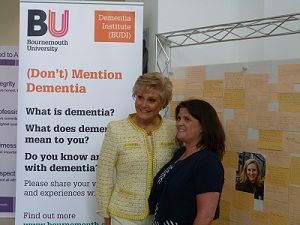 Over the last six months BUDI has been working to engage with the public and promote awareness and understanding of dementia. ‘(Don’t) Mention Dementia’ is an innovative exhibition created by BUDI and media artist Derek Eland (http://derekeland.com/), with the aim of giving a voice to people living with dementia.
Over the last six months BUDI has been working to engage with the public and promote awareness and understanding of dementia. ‘(Don’t) Mention Dementia’ is an innovative exhibition created by BUDI and media artist Derek Eland (http://derekeland.com/), with the aim of giving a voice to people living with dementia.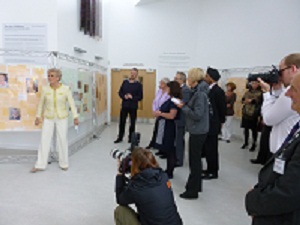











 Dr. Ashraf cited on ‘Modest Fashion’ in The Guardian
Dr. Ashraf cited on ‘Modest Fashion’ in The Guardian NIHR-funded research launches website
NIHR-funded research launches website Academics write for newspaper in Nepal
Academics write for newspaper in Nepal New paper published on disability in women & girls
New paper published on disability in women & girls Global Consortium for Public Health Research 2025
Global Consortium for Public Health Research 2025 MSCA Postdoctoral Fellowships 2025 Call
MSCA Postdoctoral Fellowships 2025 Call ERC Advanced Grant 2025 Webinar
ERC Advanced Grant 2025 Webinar Horizon Europe Work Programme 2025 Published
Horizon Europe Work Programme 2025 Published Horizon Europe 2025 Work Programme pre-Published
Horizon Europe 2025 Work Programme pre-Published Update on UKRO services
Update on UKRO services European research project exploring use of ‘virtual twins’ to better manage metabolic associated fatty liver disease
European research project exploring use of ‘virtual twins’ to better manage metabolic associated fatty liver disease